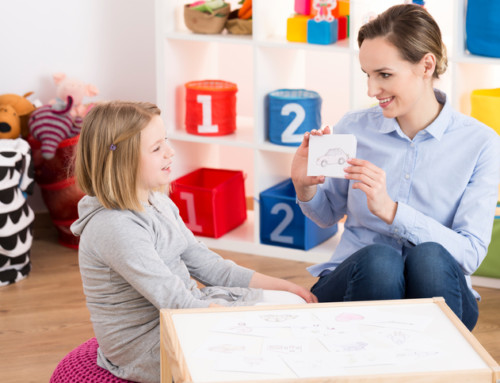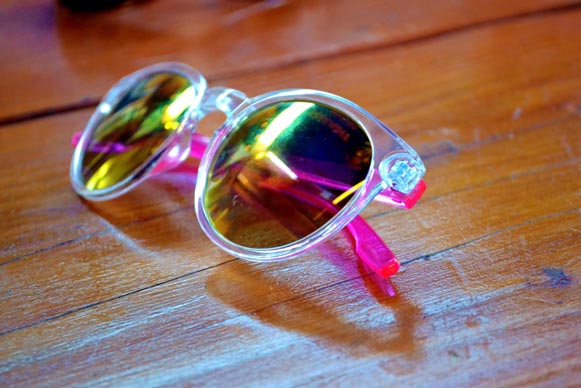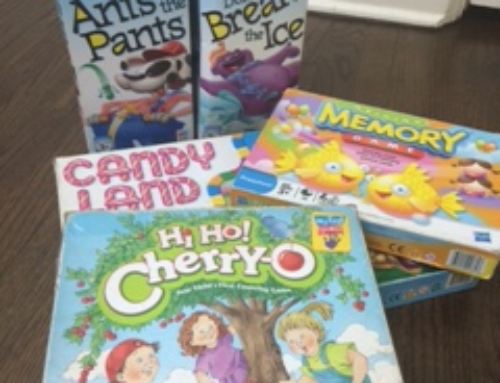Summer regression, also known as the “summer slide,” refers to the loss of academic knowledge that can occur during the summer break. It’s essential to keep young minds engaged and prevent this decline. Here are some practical ways to avoid regression during the summer:
- Read Daily: Encourage your child to read regularly. A daily reading habit helps maintain reading skills and prevents any loss of ability. Explore book clubs or summer reading programs at your local library or bookstore. Consider starting a family book series and reading together. Letting your child pick the book or topic will help them to be more engaged.
- Write Often: Writing frequently helps improve literacy skills, including self-expression and vocabulary. While formal essays or book reports might not be appealing during summer, creative writing or journaling has many benefits. It fosters creativity, problem-solving, and communication skills. Kids can write about a fun experience they had, a place they want to go during the summer, or they can send a letter to a friend they made at camp!
- Plan Educational Visits: Museums, historical sites, and science centers offer fun learning opportunities. Here in Central Florida, we have so many great options. You can get curios at the Orlando Science Center, learn about favorite animals at the Central Florida Zoo and Botanical Gardens, imagine the life of an astronaut at the Kennedy Space Center, and even get up close and personal with alligators on an airboat ride through Black Hammock in Oviedo.
- Maintain a Routine: We know that staying up late, watching cartoons, and spending lazy days around the house are all part of what makes summer break so wonderful. However, it is important for kids (and parents!) to keep up with some of the usual routines. Attending your therapy appointments, getting enough sleep, and eating relatively balanced meals will help keep everyone healthy and happy over the summer, leading to a much easier transition when August eventually arrives.
- Swap days with a friend or neighbor: Consider swapping days or chunks of time with a friend or family member that also has kids. One day you keep all the kids and the next day your friend/relative takes care of the kids. This gives kids a different perspective and set of children to interact with. Also as a parent or caregiver you get a break. Of course only partner with a parent that is a good caregiver and one you feel comfortable leaving your kids.
Remember, a balance between relaxation and learning is crucial. Enjoy the break, but keep those minds and bodies moving!
Of course more speech or occupational therapy is always recommended especially if your child receives services during the school year. Don’t hesitate to check out our services at www.speechbuilders.org.














Leave A Comment
You must be logged in to post a comment.